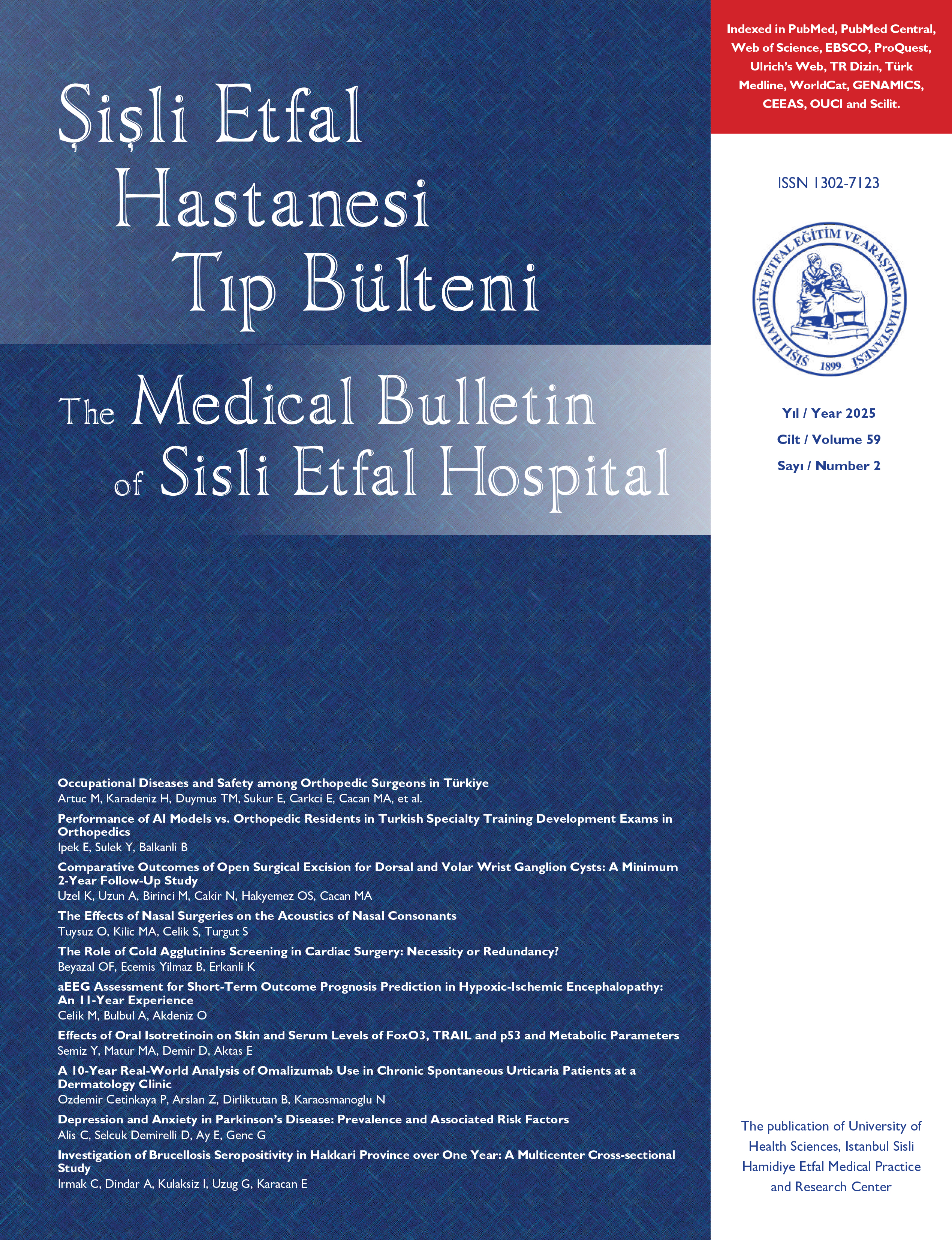
Impact of Living Donor Liver Transplantation on the Improvement of Hepatocellular Carcinoma Treatment
Yucel Yankol, Oswaldo Aguirre, Luis A. FernandezDepartment of Surgery, Chicago Stritch School of Medicine, Loyola University Medical Center, Abdominal Transplant Center, Maywood, IL, United StatesHepatocellular carcinoma (HCC) is one of the leading causes of cancer-related deaths, with increasing incidence. There are different treatment options, but only 30%-40% of HCC cases are diagnosed at an early stage for curative treatment. With the implementation of Milan Criteria for liver transplantation (LT) in HCC cases and its use for organ allocation with successful outcomes, LT has become an optimal treatment. Seeking new criteria for LT and developing updated algorithms for HCC treatment has become a hot topic nowadays. With the experience in living donor liver transplantation (LDLT), especially in Asian countries, LDLT was established and adopted with different criteria for HCC treatment, especially including criteria beyond Milan's size and number of tumors. Living donor grafts are uniquely different than deceased donor grafts as they are not considered a public resource. A living donor graft is rather a private gift intended for a specific recipient. Living donor livers are not limited by organ allocation systems, and this significant advantage of LDLT has opened new frontiers in the treatment of HCC. Improvements in LDLT have had remark-able parallel effects in the successful treatment of HCC as supported by a growing body of literature in the past decade.
Keywords: Criteria, hepatocellular carcinoma, living donor liver transplantHepatosellüler Karsinom Tedavisindeki İlerlemeye Canlı Vericiden Karaciğer Naklinin Etkisi
Yucel Yankol, Oswaldo Aguirre, Luis A. FernandezChicago Stritch Tıp Fakültesi, Loyola Üniversitesi Tıp Merkezi, Abdominal Transplant Merkezi, Cerrahi Kliniği, Maywood, ILHepatosellüler Karsinom (HSK), artan insidansı ile kanser ilişkili ölümlerde önde gelen nedenlerden biridir. Birçok tedavi seçeneği olmakla birlikte ancak olguların sadece %30-40'ına küratif tedavi şansı olabilen erken evrede tanı konulabilmektedir. Başarılı sonuçlarile HSK'lu hastalarda karaciğer naklinde ve organ dağıtımında milan kriterlerinin (MK) uygulanması ile karaciğer nakli en uygun tedavi konumuna gelmiştir. HKS tedavisinde yeni kriter arayışları ve tedavi algoritmalarındaki güncellemeler sıcak konulardır. Asya ülkelerinde artan canlı vericiden karaciğer nakli (CVKN) deneyimi ile özellikle tümör sayısı ve boyutundan bağımsız olarak MK dışındaki HSK'da CVKN uygulanmış ve benimsenmiştir. CVKN greftleri özellikleri ile kadavra donörlerden toplumsal kaynak olmaması ile farklıdır. Canlı donor karaciğer grefti bir kişiye bağışlanmış özel bir hediyedir. Canlı donör karaciğer nakli organ dağıtımından bağımsız olması sayesinde HSK tedavisinde yeni ufuklar açmıştır. Son dekatlarda,CVKNde olan ilerleme ile paralel olarak HSK tedavisinde çok başarılı ilerlemelere artan oranda literatürde rastlanmaktadır. (SETB-2023-03-044)
Anahtar Kelimeler: Kriterler, hepatosellüler karsinom, canlı vericiden karaciğer nakliManuscript Language: English



















